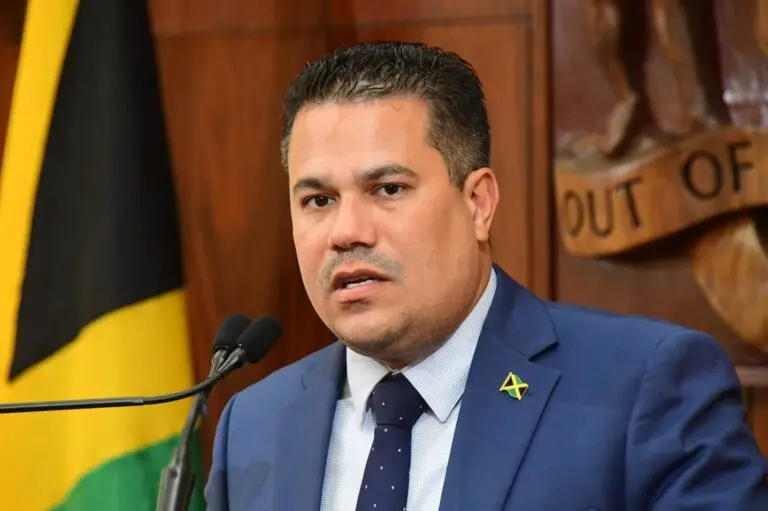KINGSTON, Jamaica — One of Kingston’s last stretches of rolling green fairway may soon join Jamaica’s official roster of protected forests. The Ministry of Economic Growth and Job Creation has begun the process to designate the Constant Spring Golf Club in St Andrew as a Forest Management Area, a move Environment Minister Matthew Samuda says will “lock in this urban oasis for generations to come.”
Delivering his first Sectoral Debate address in the House of Representatives on Tuesday, Samuda framed the designation as part of a broader push to ring-fence critical ecosystems before rapid development squeezes them out. “Cities thrive when nature has room to breathe,” he told Parliament, adding that the club’s old-growth trees, riverbank vegetation and resident birdlife are “as valuable to Kingston’s health as they are to the club’s golfers.”
Four new protected zones on the horizon
Samuda also outlined plans to finalise protection for four other ecological hotspots this year under the Natural Resources Conservation Authority Act:
- Canoe Valley Wetlands (Clarendon–Manchester border) — a key manatee habitat;
- Montpelier (St James) — limestone hills rich in endemic plants;
- Long Mountain (St Andrew) — Kingston’s green eastern ridge;
- Bengal (St Ann) — coastal forest buffering coral reefs from runoff.
“These sites store carbon, shelter wildlife and defend communities from floods and drought. Granting them legal status is non-negotiable,” the minister said.
Heavy-duty help for reforestation
To speed up forest recovery where development is unavoidable, the Forestry Department has imported its first hydraulic tree spade — “a game-changer,” according to Samuda. The machine allows mature trees to be lifted and replanted instead of felled, preserving canopy cover that would otherwise take decades to regrow.
Complementing the hardware, Cabinet has approved another three-million-tree planting drive over the next five years, doubling down on the National Tree Planting Initiative launched in 2019. The ministry reports that the first programme surpassed its target with more than 80 per cent of seedlings surviving island-wide.
“Protect what we must, replant where we can, and relocate what we’re forced to move,” Samuda summed up. “That is the balance Jamaica’s future demands.”






